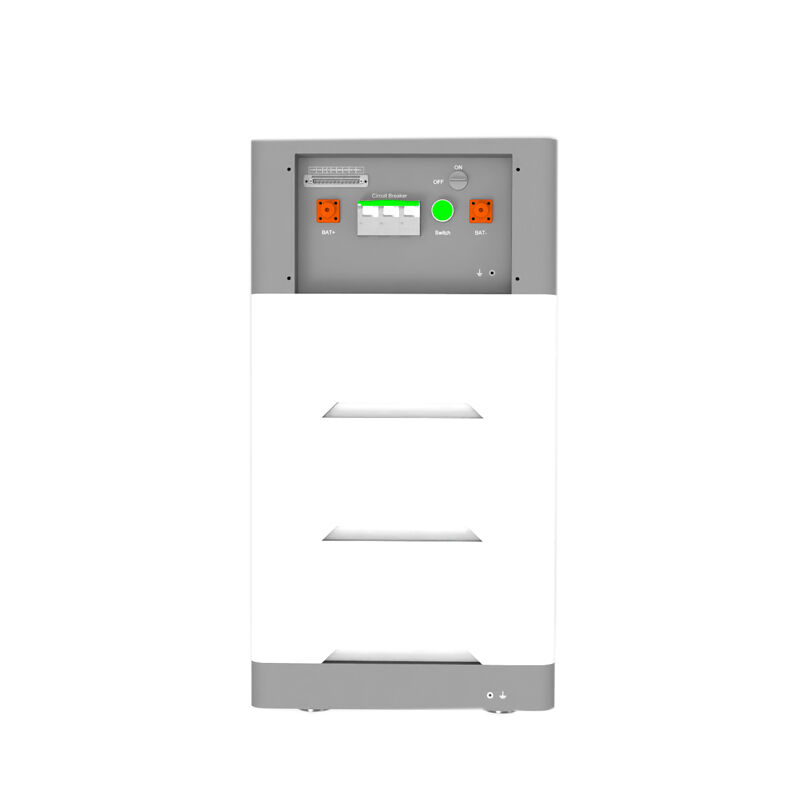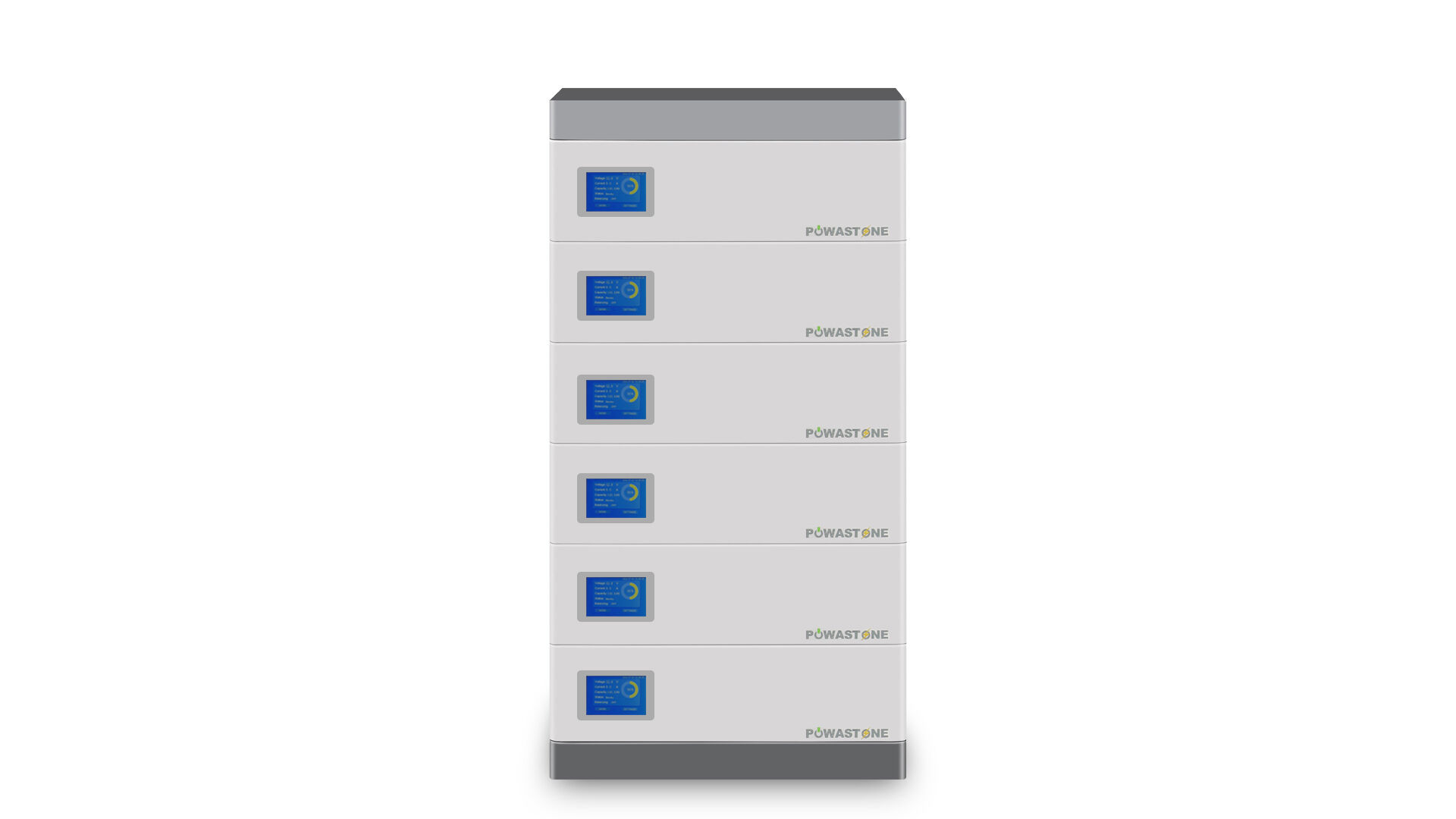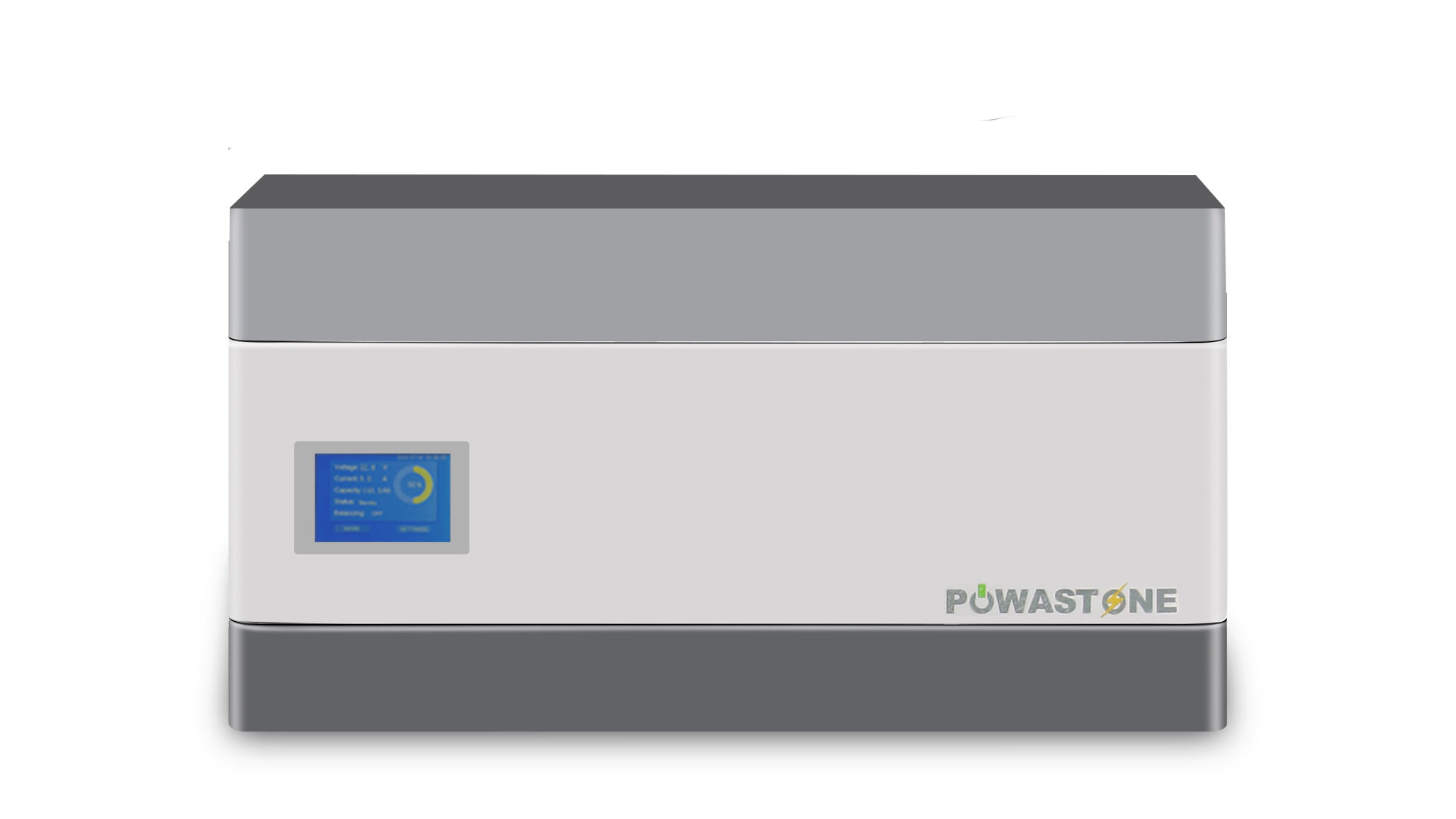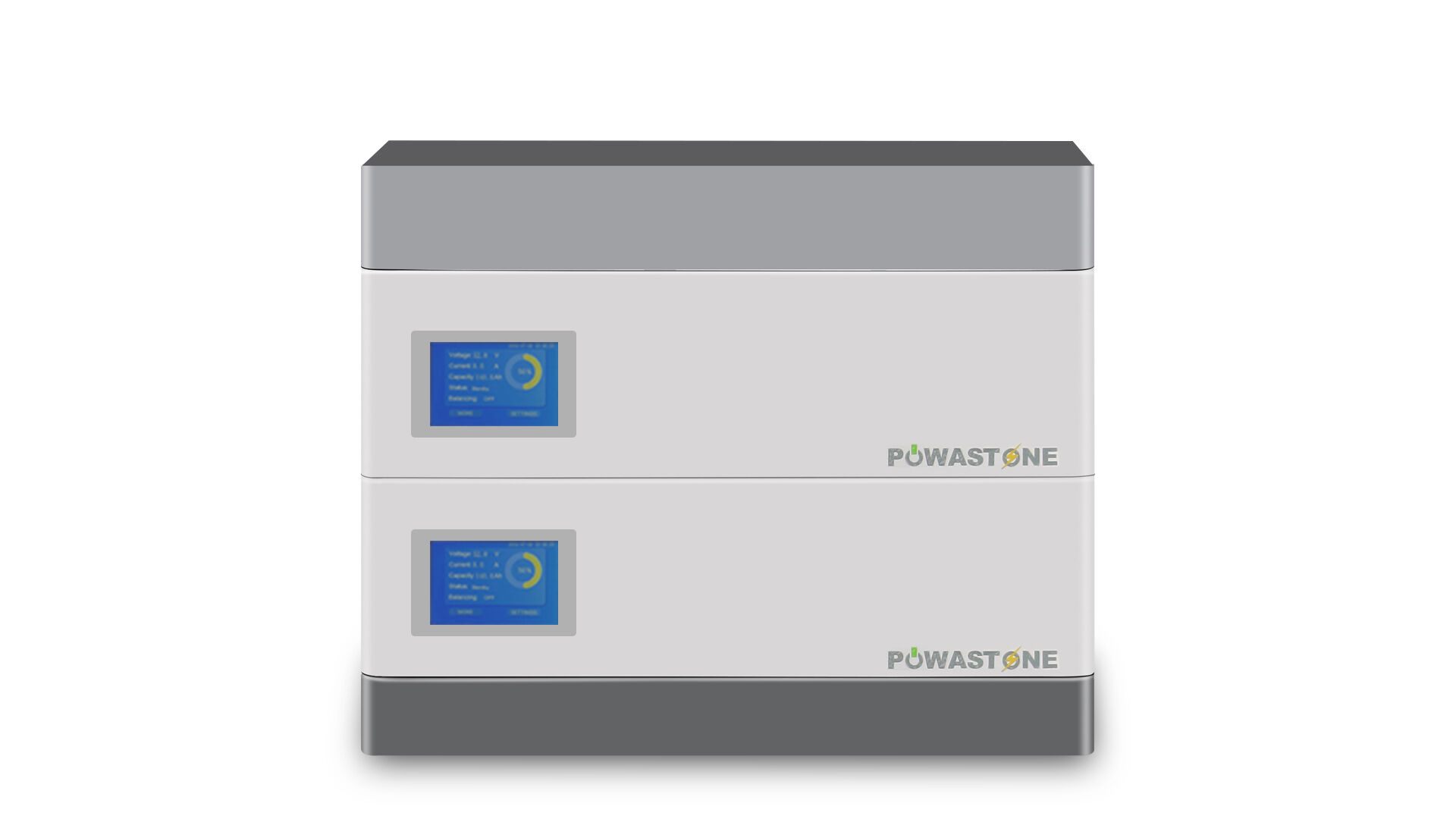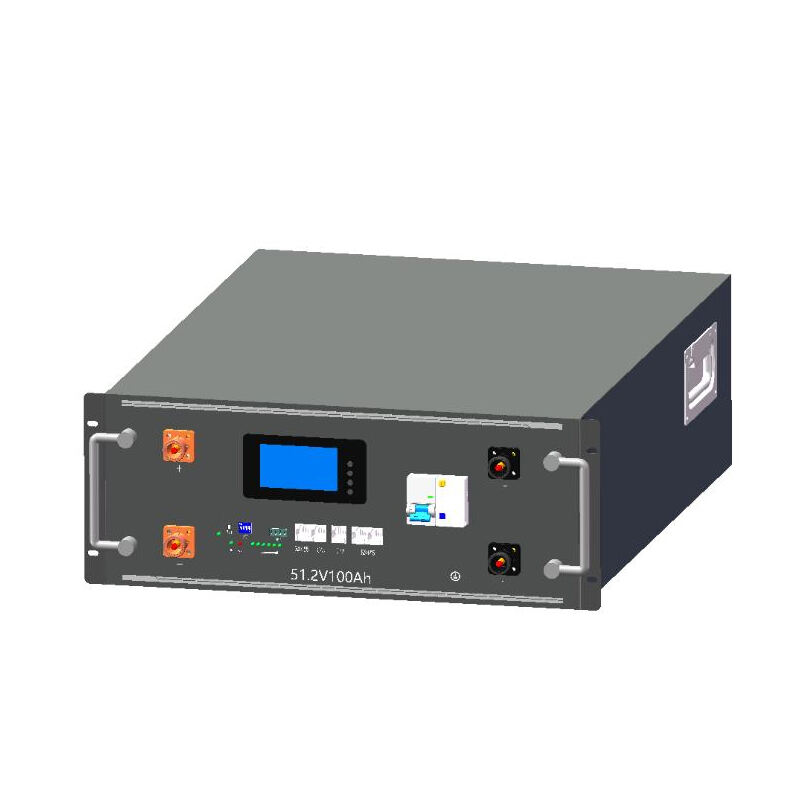The Advantages of Using Li Fe PO4 Batteries for Energy Storage
Time : 2025-06-23
As the global push for clean and sustainable energy sources intensifies, the search for efficient, reliable, and safe energy storage solutions has become more crucial than ever. Amidst the plethora of options available in the market, Lithium Iron Phosphate (LiFePO4) batteries have emerged as a frontrunner, captivating the attention of consumers, businesses, and energy experts alike. This article delves deep into what makes LiFePO4 batteries stand out, exploring their exceptional safety features, remarkable longevity, positive environmental impact, cost - effectiveness, and their role in shaping the future of energy storage.
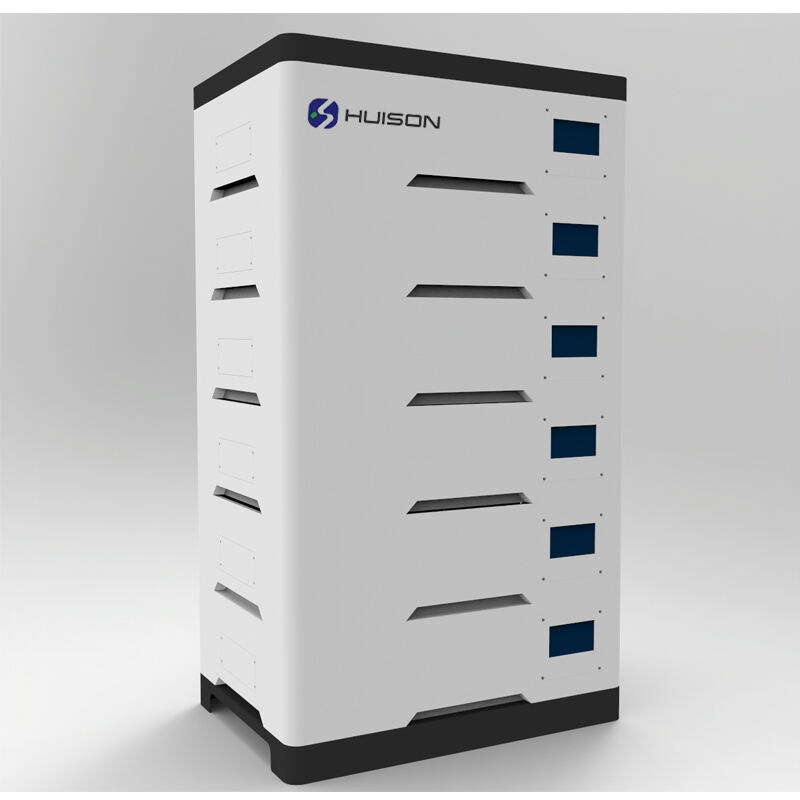
1. Safety First: The Non - Toxic Nature of LiFePO4 Batteries
Safety is a paramount concern when it comes to energy storage, especially in residential and commercial settings where batteries are often installed in close proximity to people and property. LiFePO4 batteries have a distinct edge in this regard, thanks to their inherently stable chemistry. Unlike some other lithium - based battery chemistries, LiFePO4 cells are highly resistant to overheating, a phenomenon that can trigger a dangerous chain reaction leading to fires and explosions.
The iron phosphate composition within LiFePO4 batteries remains stable even under extreme conditions, such as high charge - discharge rates or overcharging. This stability significantly reduces the risk of thermal runaway, providing users with peace of mind. For example, in a residential solar - energy storage system, where the battery is typically installed in a garage or utility room, the last thing homeowners want is a potential fire hazard. LiFePO4 batteries eliminate this worry, making them an ideal choice for home use.
Moreover, LiFePO4 batteries are free from toxic heavy metals like cobalt, which is commonly used in other lithium - ion battery chemistries. The absence of these harmful substances not only makes LiFePO4 batteries safer for human health but also aligns with the global drive towards a cleaner and more sustainable environment. This non - toxic nature also simplifies the disposal and recycling processes, reducing the overall environmental footprint of the battery lifecycle. As seen on https://www.huisonenergy.com/, companies are increasingly highlighting the safety features of their LiFePO4 - based energy storage solutions, catering to the growing demand for safe and eco - friendly energy storage options.
2. Longevity and Durability: A Smart Investment
One of the most compelling features of LiFePO4 batteries is their impressive lifespan. These batteries are designed to withstand a large number of charge - discharge cycles before their performance starts to degrade. On average, LiFePO4 batteries can endure more than 2,000 full charge - and - discharge cycles, far surpassing many other battery chemistries.
Take, for instance, a commercial solar - powered office building. By installing LiFePO4 batteries, the building can store excess solar energy generated during the day and use it during peak demand hours or when sunlight is scarce. With their long lifespan, these batteries can serve the building for many years without the need for frequent replacements. This extended lifespan not only cuts down on replacement costs but also ensures the long - term reliability of the energy storage system.
In addition to their high cycle life, LiFePO4 batteries perform well across a wide range of temperatures. Whether it's the sweltering heat of a desert or the freezing cold of a mountainous region, LiFePO4 batteries can maintain their functionality. This temperature resilience makes them suitable for use in various geographical locations and applications. For homeowners in areas with extreme climates, choosing LiFePO4 batteries means having a reliable energy storage solution that can withstand the local weather conditions.
3. Environmental Impact: A Greener Choice
In an era where environmental sustainability is at the forefront of global concerns, LiFePO4 batteries offer a promising solution. The manufacturing process of LiFePO4 batteries is significantly more environmentally friendly compared to that of traditional lithium - ion batteries. The production of LiFePO4 batteries involves fewer toxic chemicals, reducing the risk of pollution during manufacturing and protecting the health of workers involved in the production process.
Furthermore, the recycling of LiFePO4 batteries is relatively straightforward. Old LiFePO4 cells can be effectively recycled, with their components being reused to manufacture new batteries. This closed - loop recycling process helps to minimize waste and reduce the demand for virgin raw materials. For example, companies can collect used LiFePO4 batteries, extract valuable materials such as lithium, iron, and phosphate, and then use these materials to produce new batteries. This not only conserves natural resources but also reduces the carbon footprint associated with battery production.
As more consumers and businesses strive to reduce their environmental impact, LiFePO4 batteries provide an excellent option for energy storage. By choosing LiFePO4 batteries for home energy storage systems or electric vehicles, users can contribute to a more sustainable future and support the development of a circular economy.
4. Cost - Effectiveness: Lower Total Cost of Ownership
At first glance, LiFePO4 batteries may seem to have a higher upfront cost compared to some other battery options, such as lead - acid batteries or certain types of lithium - ion batteries. However, when considering the total cost of ownership over the long term, LiFePO4 batteries prove to be a more cost - effective choice.
The long lifespan of LiFePO4 batteries, as mentioned earlier, means that they require fewer replacements over time. This significantly reduces the overall cost associated with maintaining an energy storage system. In addition, LiFePO4 batteries have low maintenance requirements. They do not need regular watering or complex maintenance procedures like some lead - acid batteries. This simplicity in maintenance further cuts down on costs, making LiFePO4 batteries an attractive option for both residential and commercial users.
In commercial settings, where energy storage systems need to operate efficiently and cost - effectively, the cost - saving potential of LiFePO4 batteries is particularly significant. For example, a large - scale solar - powered factory can benefit greatly from using LiFePO4 batteries to store excess energy. The lower total cost of ownership allows the factory to allocate its resources more effectively and improve its bottom line.
Moreover, as the production of LiFePO4 batteries continues to scale up, economies of scale are coming into play. Manufacturers are becoming more efficient, and raw material prices are gradually stabilizing or even decreasing in some cases. This trend is expected to drive down the unit cost of LiFePO4 batteries in the future, making them an even more appealing option for cost - conscious consumers and businesses.
5. Industry Trends: The Future of Energy Storage
The energy storage market is in a state of rapid evolution, and LiFePO4 batteries are at the forefront of this transformation. With the increasing adoption of solar panels and wind turbines in both residential and commercial sectors, the need for efficient and reliable backup energy storage has skyrocketed. LiFePO4 batteries are well - positioned to meet this growing demand.
Advancements in LiFePO4 battery technology are also on the horizon. Researchers are constantly working on improving the energy density of these batteries, which would allow them to store more energy in a smaller and lighter package. This would be particularly beneficial for applications such as electric vehicles, where space and weight are critical factors.
In addition, the integration of LiFePO4 batteries with smart grid technologies is becoming more prevalent. Smart grids can communicate with LiFePO4 - based energy storage systems, optimizing the charging and discharging of the batteries based on real - time energy demand and supply. This integration not only improves the overall efficiency of the energy system but also helps to balance the grid and reduce the strain on the power infrastructure.
In conclusion, LiFePO4 batteries offer a comprehensive set of advantages for energy storage applications. Their safety, longevity, environmental friendliness, cost - effectiveness, and adaptability to industry trends make them an ideal choice for both residential and commercial users. As the world continues to embrace clean energy sources, LiFePO4 batteries are set to play a pivotal role in the next generation of energy storage systems, powering us towards a more sustainable and reliable energy future.










